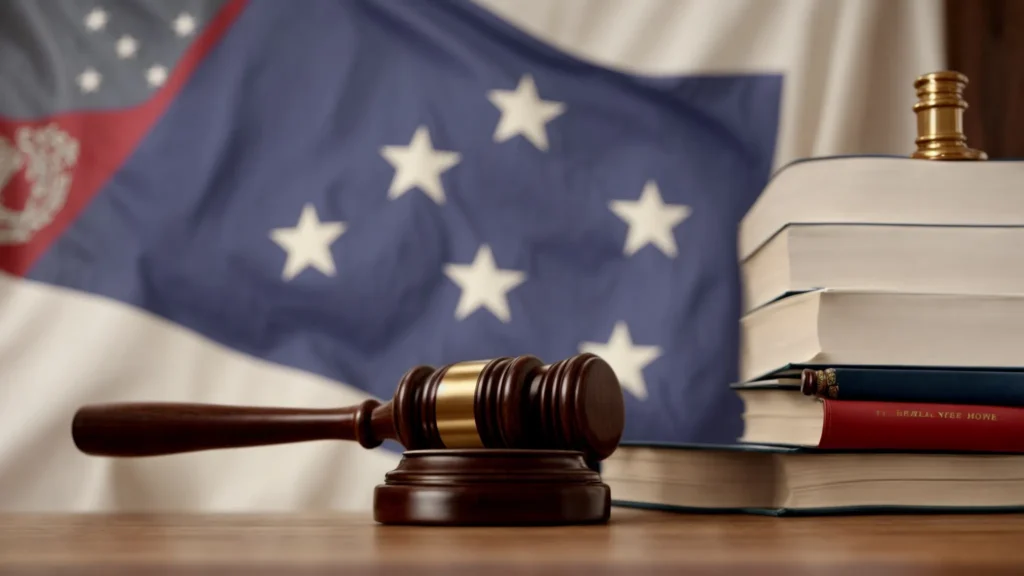Understanding Arizona’s Expungement Process: Steps to Remove Your Criminal Record
Arizona’s expungement laws offer a new beginning for individuals seeking to move past their criminal records. This process, which legally nullifies previous convictions, can unlock opportunities for employment, housing, and other vital aspects of life. Understanding the complexities of Arizona’s expungement law is crucial for those looking to clear their names and secure their futures. Keep reading to gain a comprehensive insight into the steps you should take to navigate the legal system and ultimately achieve a clear record.
Understanding Arizona’s Expungement Law: A Path to a Clear Record

Record removal in Arizona, legally referred to as a “set aside,” offers individuals a chance to move forward from past convictions. While it doesn’t erase the record entirely, it updates it to show the conviction has been dismissed, an important detail that can positively influence how employers, landlords, and schools view a person’s background.
This legal process is designed for those who’ve shown rehabilitation and a commitment to change. While some express concern about limiting access to criminal histories, the law aims to restore rights and dignity, giving deserving individuals a second chance at building a better future.
Eligibility Criteria for Expungement in Arizona
In Arizona, expungement eligibility depends on specific legal conditions. Not all convictions qualify, especially for serious or violent offenses. Individuals must have fully completed their sentence, including any probation or parole. A required waiting period helps assess whether the person has reintegrated into society and maintained a law-abiding lifestyle.
The presence of new charges or ongoing criminal cases disqualifies applicants. Courts may also ask for evidence of rehabilitation, such as character references, job history, or community service. Each case is reviewed individually, with outcomes influenced by the applicant’s personal progress. Consulting legal professionals or conducting detailed research is essential to avoid delays or errors that could affect eligibility.
The Expungement Application Process: Documentation and Deadlines
The expungement process in Arizona begins with collecting key documents, such as court records, judgments, and proof of rehabilitation. A petition must be filed with the original court, clearly stating the reasons for expungement. This form must be accurate, and filing fees may apply unless waived for financial hardship.
After submission, the process includes a waiting period where the prosecutor can respond, and additional evidence may be presented. A court hearing may follow, requiring the applicant’s presence. It’s essential to meet all deadlines, as missing one can delay or dismiss the petition. Close monitoring and legal guidance help ensure each step is properly completed.
Legal Assistance and Representation: Navigating Expungement in Arizona

While individuals can handle the expungement process themselves, legal representation often provides essential support. Arizona attorneys experienced in expungement can offer expert guidance, prepare accurate documents, and effectively represent clients in court. Their knowledge of local procedures and personnel enhances their ability to navigate the system efficiently.
Skilled lawyers can address objections from prosecutors and refine the client’s narrative to strengthen the case. They also help ensure clear and persuasive communication with the court. After an expungement is granted, legal professionals continue to assist by advising clients on how to manage their updated status in areas like employment and personal disclosures, making their role valuable beyond the courtroom.
Life After Expungement: The Benefits of a Clean Slate in Arizona
Expungement in Arizona offers significant benefits for individuals seeking a fresh start. Once granted, it reduces the impact of past convictions on employment and housing applications, making it easier to access job opportunities and secure stable housing. It can also restore eligibility for professional licenses and educational programs that were once out of reach.
Beyond practical gains, expungement supports personal growth by improving self-esteem and social standing. It helps individuals move forward without the weight of a criminal record, enhancing relationships and quality of life. The process aligns with restorative justice by promoting reintegration and allowing people to reclaim their place in society.
Altogether, Arizona’s expungement process is a pathway to personal and professional renewal for those who have completed their sentences and demonstrated their commitment to a law-abiding future. The benefits of a clean slate reach far beyond the individual, fostering a more inclusive and forgiving society where past mistakes do not define a person’s entire life.




